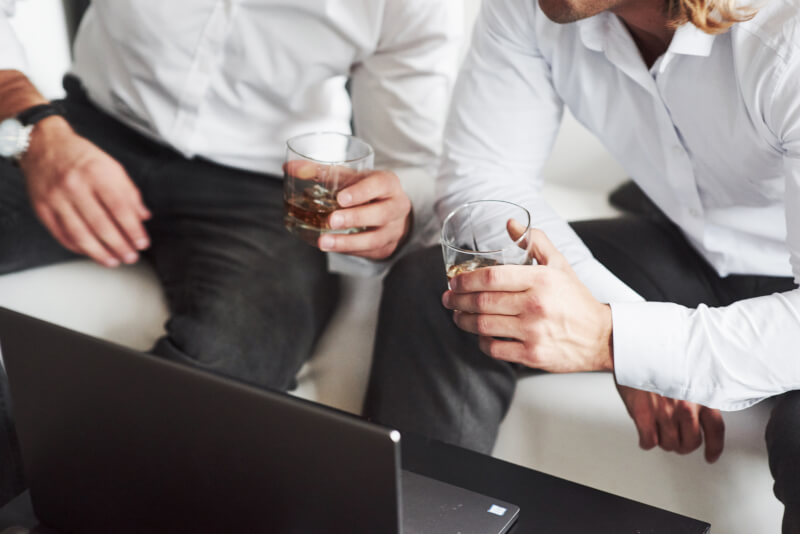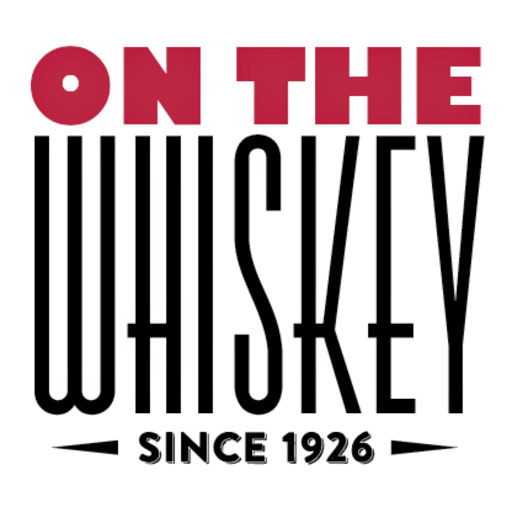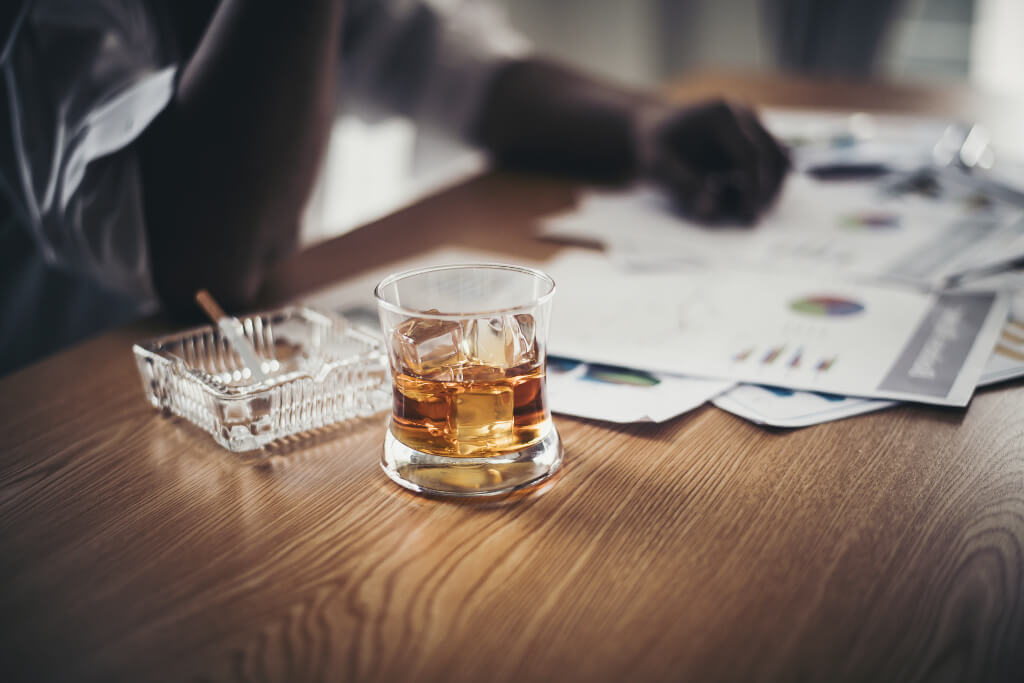Whisky has earned a prominent place among alcoholic beverages thanks to its long history and varied taste profiles. However, consultants who used to do well at in-person tastings, networking events, and face-to-face collaborations are finding that their position has changed as the industry has progressed. Given the rapid evolution of how we work and communicate, we must ask: is there a future for whisky consulting?
The Era of Ultimate Productivity
Many long-standing procedures are being rethought as digital transformation propels the industry towards a hyper-efficient new era. The whisky business is following the trend of other industries towards streamlined operations, from the factory floor to the executive suite. Many services that previously necessitated consultants’ physical presence, like assessments, quality control, or collaboration with distillery masters, can now be provided via remote technologies. For example, drones are used to keep tabs on huge areas of farmland that are used to grow the grains used to make whisky.
Whisky consultants may now manage many projects at once with less time spent on the road. However, this digital transition poses its own set of difficulties, particularly in protecting the precise workmanship that distinguishes whisky.
What are The Experts Saying?
Paterson, on the other hand, views the coming hyper-efficient age as inevitable. Perhaps the increased accuracy during distillation will appeal to him. But given how dramatic and entertaining his tastings are, he’d probably stress the value of face-to-face contact, suggesting that capturing an audience’s attention is essential to good whisky counseling.
A Home Tasting

Whisky consultancy relies heavily on tastings, which are typically held in large groups. Experts, distillers, and others involved in the process would get together to sample and debate the nuances of a new batch. However, home tastings have been increasingly popular in recent years, especially with the start of the global epidemic.
Now, companies commonly provide advisers with sample kits for in-home tastings. The benefits of decentralization are clear. It’s conducive to having one’s own inward, undistracted spiritual experience. Consultants may be able to pick up on subtle nuances or provide valuable feedback that would otherwise be lost in the shuffle in a group environment. However, there is also a downside. Whisky tasting is a social event as well as a serious business activity. Home tastings may not be able to replace the social aspects of going to a restaurant or bar, such as the conversation, the sharing of impressions, and the overall enjoyment.
What are The Experts Saying?
Murray, author of the “Whisky Bible,” has experienced and commented on more whiskies than anybody else. Given his extensive solo tasting sessions for his books, Murray accepts the benefits of home tastings but expresses worries about overreliance on technology. Experience, tradition, and, at times, rejecting popular trends are what has given him the sophisticated understanding of whisky that he now enjoys.
Similarly, Broom, throughout his three decades as a spirits writer, has stressed the significance of appreciating the “spirit” of whisky in addition to its flavor. Broom has mixed feelings about the hyper-efficient modern day. While he acknowledges that technology can help, he argues that tradition is where whisky’s true value rests. Whisky tastings are just as much about the people involved, the stories told, and the shared experiences as they are about the liquor itself. Even if Broom agrees that private tastings at home are the way of the future, he doesn’t want us to forget that whisky is meant to be shared with others.
Networking in the Digital Age
The whisky industry’s networking has historically thrived through in-person encounters at events like conferences and tastings as well as more casual get-togethers. Collaborations form, deals are made, and new ideas are discussed at these gatherings. The advent of the digital age, however, has altered this dynamic. Online seminars, webinars, and tasting events are quickly replacing traditional in-person gatherings.
Consultants can now contact people all over the world thanks to the prevalence of internet platforms, but doing so is not without its difficulties. In a digital setting, it takes a new set of abilities to build trust, read nonverbal signs, or simulate a warm handshake.
What are The Experts Saying?
MacLean’s approach has always been to delve deeply into the intricacies of whisky, as seen by his many publications on the subject and his reputation for painstaking research. The transition to digital is seen by him as an invitation to conduct in-depth studies, with the help of technology, on such topics as production methods and flavor profiles. MacLean, with his fondness for whisky stories and anecdotes, agrees with Broom in this regard, that nothing beats experiencing a spirit in person.
Whisky Consulting in Tomorrow’s Glass
In an ever-evolving industry, the whisky one, like the spirit itself, finds ways to mature beautifully. Technology and modern practices may stir the waters, but the essence remains unchanged. Whisky consulting, at its heart, is about celebrating a legacy, understanding nuanced flavors, and bringing people together over a shared passion. The future of whisky consulting might see more virtual tastings, analytics-driven recommendations, or AI-infused production methods.
Yet, the consultants’ expertise, their dedication, and above all, the human connection they foster, ensures that this field won’t just endure but thrive. It reminds us that while the medium might change, the message — of passion, tradition, and shared experiences — remains timeless.

